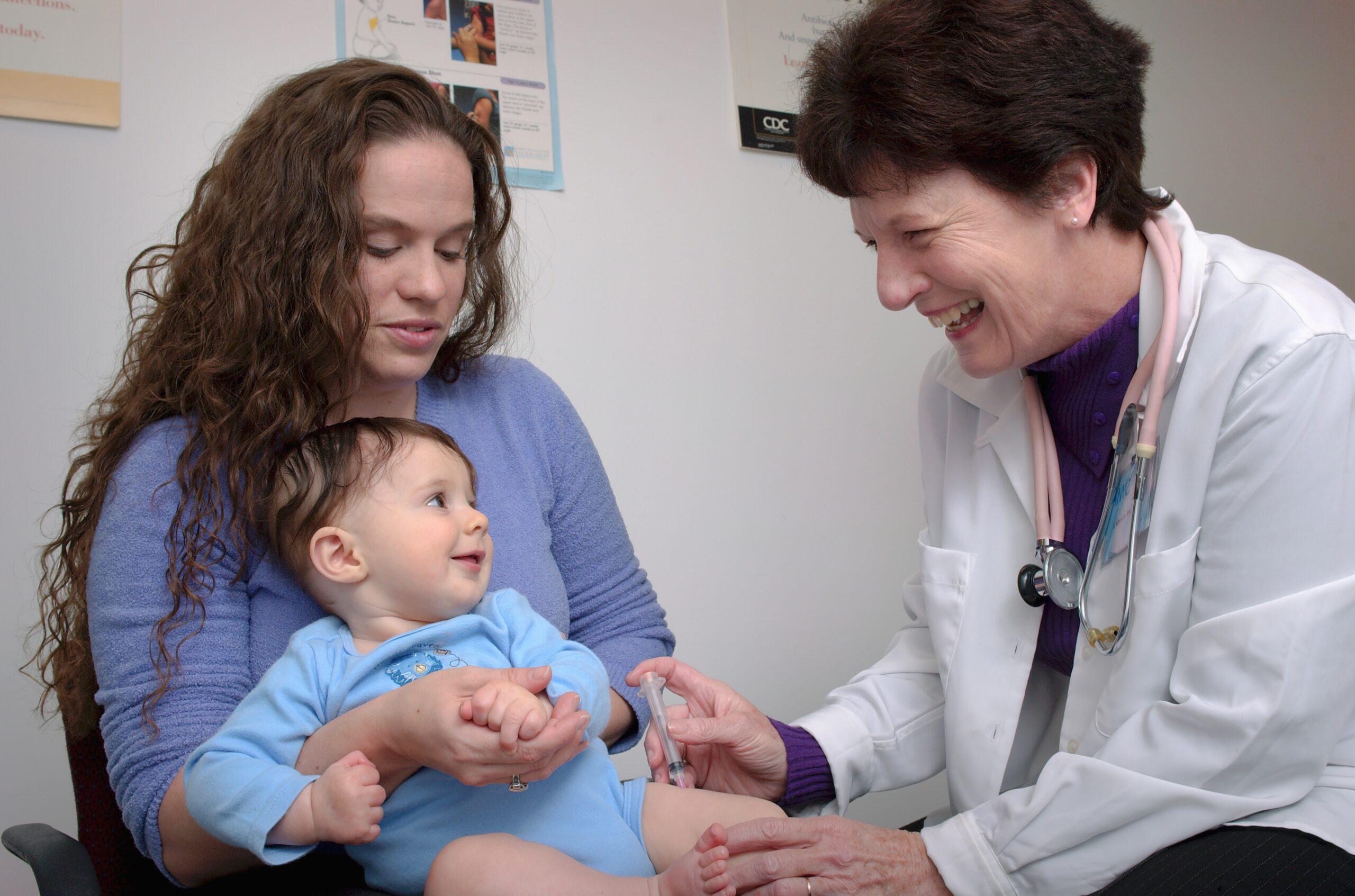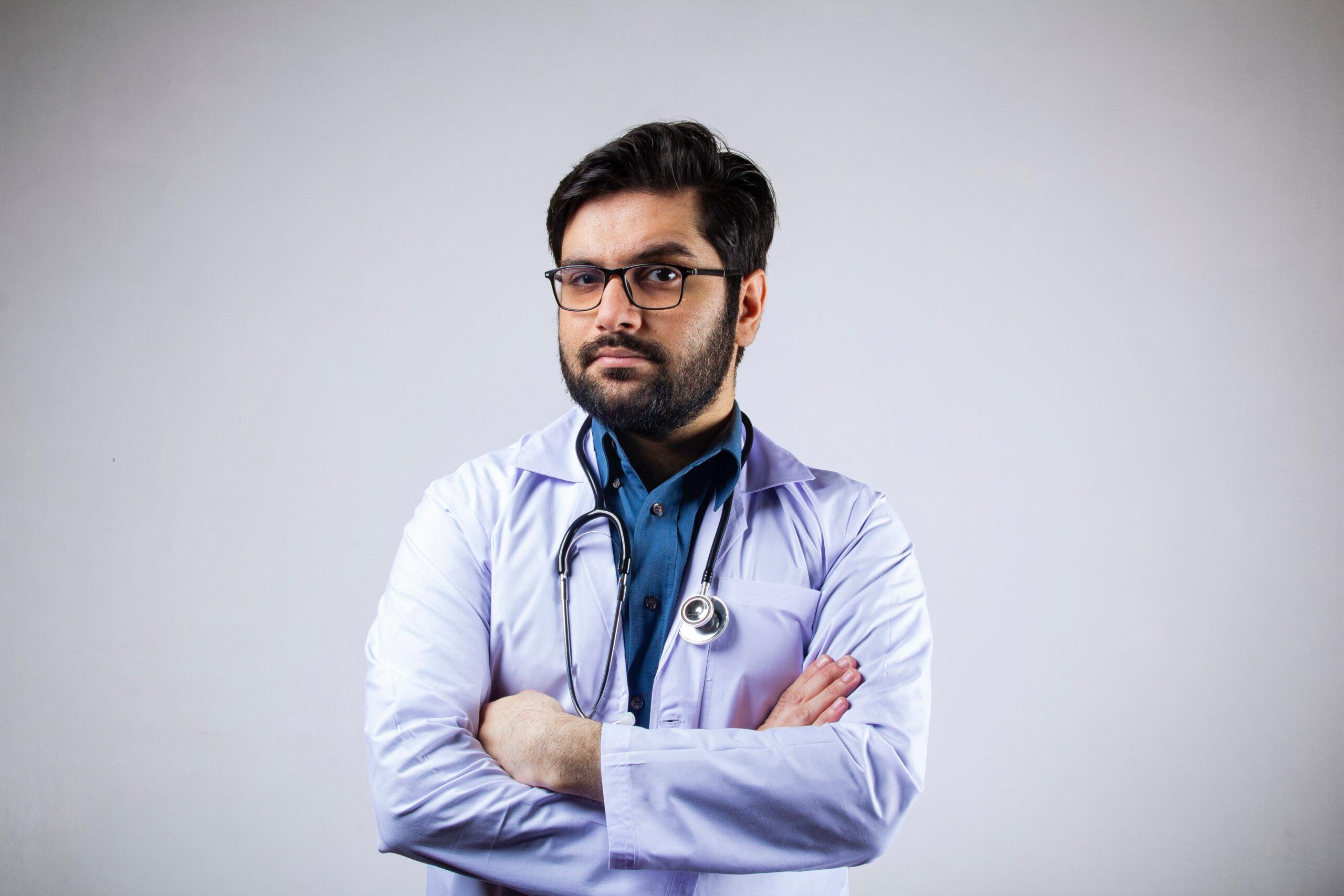Pediatricians want you and your child to get the best care possible during your office visits. Here are a few things that parents should do to enable their children to get optimum care from their doctors.
- Try not to bring another sibling to be seen for a checkup when you have only one visit scheduled. As you don’t want to compromise the care of your children, focus on one child during each appointment. If need be, confirm the doctor has enough time in his or her schedule to examine more than one of your kids.
- Do your best to be prepared for your office visit. Bring a list of questions you want answered and copies of articles you have seen that have raised questions for you.
- Make every effort to pay attention. Concentrate during each visit with your undivided attention. Turn off cell phones, bring toys to occupy your child to enable you to fully listen to the doctor, and leave siblings at home or in the waiting room with a friend or a sitter. Also, refrain from texting at any point, including when the doctor is examining your child.
- Include information such as over-the-counter medications, homeopathic remedies and supplements when the doctor asks for your child’s medical history. Be specific when describing your child’s illness. Reveal how long symptoms have been occurring and what remedies you have tried. Complementary or alternative medicine and therapies may have interactions or interfere with a medicine the doctor may be prescribing so tell everything.
- Be honest if you don’t understand what the doctor is saying. Ask for clarification or have the doctor write out the instructions when you don’t comprehend something. Tell the doctor that you want to repeat back to him or her what you heard and are supposed to do, look for and expect regarding your child’s condition.
- Ask important concerns early rather than during “the doorknob moment.” Sometimes parents ask the most important questions just as the doctor is getting ready to leave the exam room. If you ask your questions at the beginning of the appointment, you are most likely to get them answered.
Questions & Answers
Is it better to treat my toddler’s ear infection with antibiotics or see if it gets better on its own?
It depends. If the child is younger than age 2, has a high fever, is in severe pain or has underlying chronic medical problems, I recommend starting antibiotics. However, because many ear infections resolve on their own, if your child is otherwise healthy, try treating the ear infection with pain medication only and schedule a follow-up appointment in two to three days.
Are plastics leaching toxic chemicals into my children’s food?
Personally, I try to minimize my family’s exposure to plastic food containers in general. Here are six fine points that I advocate:
- Limit the use of plastic food containers for serving or storing food as much as you can.
- Never heat a plastic baby bottle in the microwave. And avoid heating food in any plastic container, even if it’s marked “microwave safe.”
- Memorize “5-4-1-2, all the rest are bad for you.” Plastic containers marked with 5, 4, 1 or 2 contain little or no BPA.
- Go soft. Softer plastic containers usually contain less BPA.
- Cut down on cans. BPA is used in the plastic lining of many canned foods and beverages.
- Use BPA-free pacifiers and baby bottles.
Should my child take probiotics?
When I recommend probiotics for digestive health, I prefer to prescribe it in supplemental form (rather than in prepackaged foods). This is because the probiotics are much more consistent in this form and generally more effective than probiotics in food that’s been sitting on a shelf or in a refrigerator.
We’re about to take a flight to go on vacation, and my baby is a terrible flier. Should I give her Benadryl so she sleeps?
No! Benadryl acts like a sedative, and any kind of sedation can be dangerous for young children, especially for children younger than 2 years old. They are more susceptible to the side effects of diphenhydramine, such as rapid heartbeat, dizziness, headaches, blurred vision, seizures, arrhythmias and toxic psychosis. In children, diphenhydramine can also act as a stimulant and actually make kids irritable and cranky.
Should my child eat only organic food?
Eating a largely organic diet can significantly decrease the amount of pesticides and chemicals in our bloodstream. I personally believe that eating an organic diet and decreasing the blood levels of pesticides is a good idea, especially if you’re even thinking about getting pregnant or already are. Unborn children and children under age 3 are more likely to be susceptible to pesticides and chemicals because of their size and developing brains and nervous systems.



